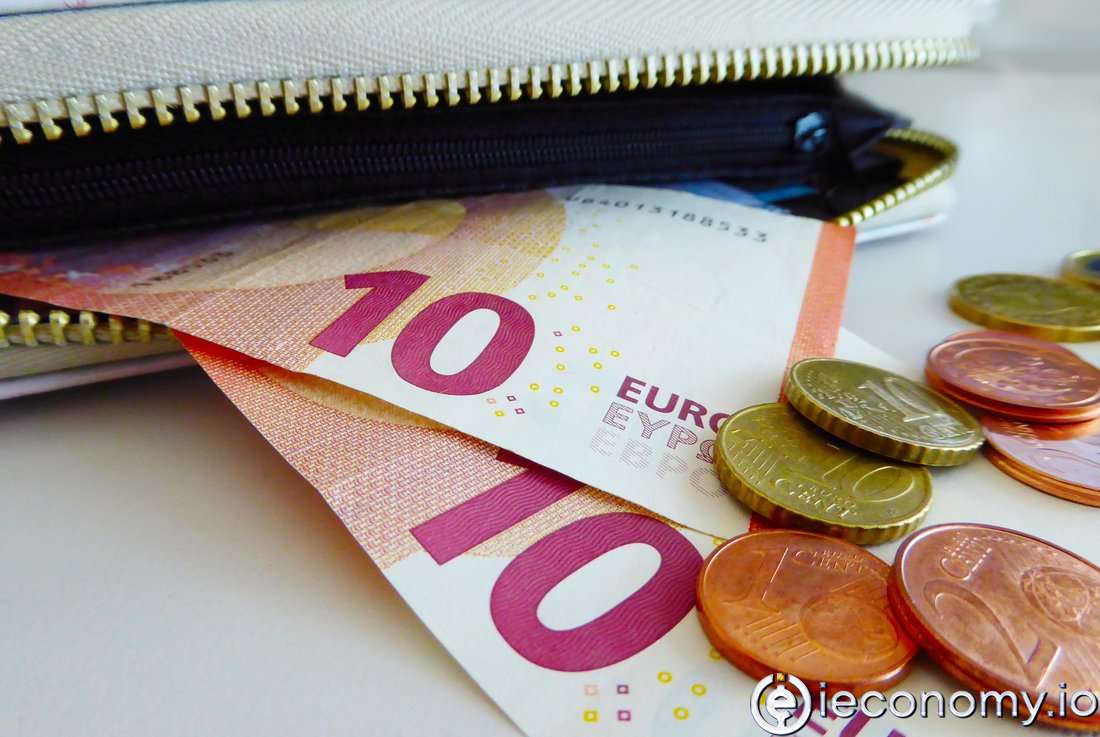12572
0
France is in favor of a lower limit for payments with cash
France is in favor of a lower limit for payments with cash than the EU Commission has proposed. In France, the legal limit is 1000 euros.

Yazar: Tom Roberts
Yayınlanma: 17 Ağustos 2021 00:27
Güncellenme: 3 Mart 2026 04:50
France is in favor of a lower limit for payments with cash
France is in favor of a lower limit for payments with cash than the EU Commission has proposed. In talks between the finance ministers of the EU countries, the French representative made it clear that the proposal for a cash limit of 10,000 euros would not go far enough for his country, reports "Welt am Sonntag". There is still no official demand. According to the newspaper, various informants who are familiar with the talks between Paris and Brussels have confirmed the information. In mid-July, the EU Commission called for tougher action against money laundering. In addition to a new supervisory authority at EU level, the Brussels authority has a cash limit of 10,000 euros in mind. Similar, in some cases significantly lower, limits already exist in the majority of member states, but not in countries like Germany or Austria. In everyday life, cash payments of the magnitude in question play an important role, for example in the private used car trade. The freedom of cash enables direct business transactions on site immediately after the agreement. Buyers and sellers do not have to wait for promised transfers, but can hand over the car immediately in exchange for the money. In Germany, consumer advocates also insist on the right to "anonymous shopping". An upper limit for the use of cash would open a "gate to absolute control of consumers", warned the board of directors of the Federation of German Consumer Organizations, Klaus Müller. In the debate about the introduction of the cash limit, there is talk of "national sensitivities" which Brussels should respect. Proponents of the cash cap point to the enormous scope of the money laundering problem in Europe. Huge sums - including from illegal sources - are estimated to flow unhindered by the tax authorities. The European Court of Auditors puts the volume of suspicious transactions within Europe at "several hundred billion euros" per year. Cash payments enable criminals, for example, to feed their income from forced prostitution, the international arms trade, drug deals or protection rackets largely risk-free into the legal economic cycle.İLGİLİ HABERLER





European stocks soared and focus shifted to German retail sales after Powell's speech!

Forex Signal For TRY/USD: Inflation Slowdown in November.

Forex Signal For GBP/USD: Bullish Trend Still Not Breaking While Recovery Continues.

Forex Signal For EUR/USD: Starry US Data Points to Higher Fed Increases.

Forex Signal For BTC/USD: Downside Continues as Bitcoin Recovery Moves Less.
En Popüler Haberler
Yorum Yap
Yorumlar
Henüz yorum yapan yok! İlk yorumu siz yapın...